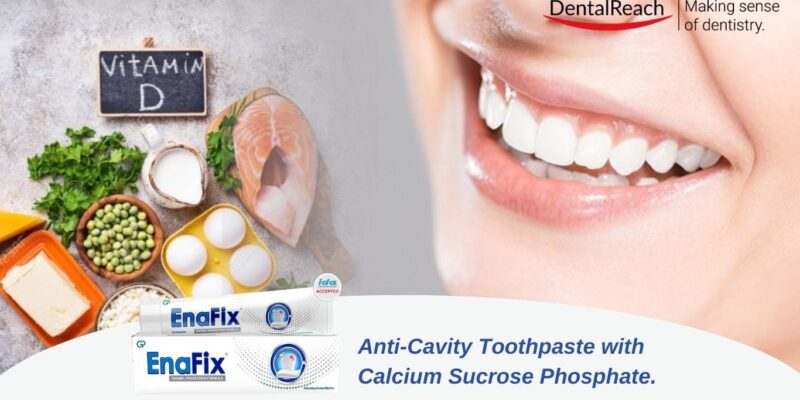Numerous epidemiological studies have established a strong association between low serum vitamin D levels and an increased risk of periodontal disease. Vitamin D, known primarily for its role in calcium homeostasis and bone metabolism, also exhibits significant anti-inflammatory properties. These properties are crucial in combating periodontal disease.
Experimental Evidence from Animal Studies
Research using mouse models has shown that experimental deficiency of serum vitamin D leads to gingival inflammation and alveolar bone loss—key features of periodontal disease. Conversely, treatment with the active form of vitamin D, 1,25(OH)2D3 (calcitriol), demonstrated promising results in inhibiting both extracellular bacterial growth and intracellular invasion by pathogens associated with periodontitis.
Anti-Inflammatory Activities of Vitamin D
The ability of vitamin D to modulate immune responses is central to its protective effects against periodontal disease. In cultured oral epithelial cells treated with calcitriol, there was a notable inhibition of proinflammatory cytokine secretion induced by bacterial lipopolysaccharides (LPS). This suggests that vitamin D can mitigate the inflammatory response triggered by pathogenic bacteria in the oral cavity.
Furthermore, calcitriol treatment led to the induction of antimicrobial peptides in oral epithelial cells. These peptides play a critical role in maintaining microbial balance within the oral microbiome, thereby preventing dysbiosis—a state often associated with periodontal disease progression.
Potential for Topical Vitamin D Treatment
One intriguing aspect of the study was that oral epithelial cells possess the capability to convert inactive vitamin D into its active form locally. This opens up possibilities for topical applications. Researchers subjected mice to ligature-induced periodontitis (LIP), followed by daily treatments with either inactive vitamin D or calcitriol. Both forms significantly reduced bone loss and inflammation associated with LIP.
Gingival tissues from treated mice exhibited the production of specialized pro-resolving mediators (SPMs) that facilitate the resolution of inflammation—a critical step toward healing damaged tissues. Additionally, the analysis revealed significant shifts in the oral microbiome towards healthy bacterial species following vitamin D treatment.
These findings strongly support the development of safe and effective vitamin D-based topical treatments or preventive agents for managing periodontal inflammation and disease. Such treatments could offer a dual benefit: directly reducing local inflammation while promoting a healthy balance within the oral microbiome.
Given that many people suffer from suboptimal levels of serum vitamin D due to limited sun exposure or dietary intake, ensuring adequate levels through supplementation or topical application could be an accessible strategy for improving periodontal health on a broader scale.
Source: Journal of Dental Research




















Comments